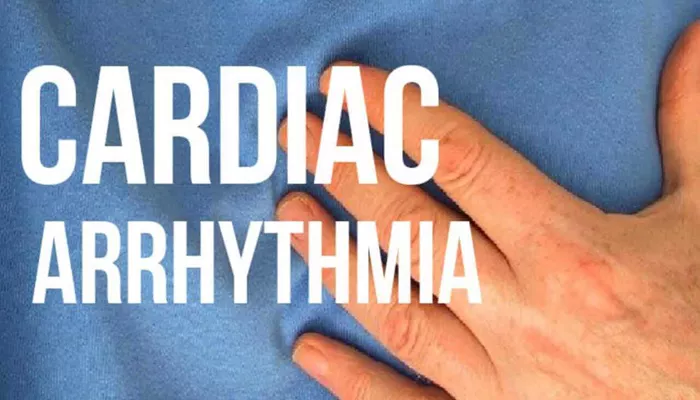New research from Brigham and Women’s Hospital has uncovered a connection between radiation therapy for non-small cell lung cancer (NSCLC) and an elevated risk of cardiac arrhythmias. The study, published in JACC: CardioOncology, utilized artificial intelligence (AI) to analyze how different radiation doses impact specific heart structures and contribute to various heart rhythm disorders.
“Radiation exposure to the heart during lung cancer treatment can have very serious and immediate effects on a patient’s cardiovascular health,” said corresponding author Raymond Mak, MD, from the Department of Radiation Oncology at Brigham and Women’s Hospital.
“We are hoping to inform oncologists, cardiologists, and patients about the risks to the heart when treating lung cancer tumors with radiation.”
NSCLC often requires radiation therapy near or around the heart, which can inadvertently damage cardiac structures and increase the risk of arrhythmias. While previous studies have highlighted general cardiac risks, this new research provides a more nuanced understanding of how specific radiation thresholds affect the susceptibility of different heart structures to arrhythmias.
The researchers analyzed medical records of 748 patients treated for locally advanced NSCLC with radiation therapy. They cataloged various arrhythmia types, including atrial fibrillation, atrial flutter, supraventricular tachycardia, bradyarrhythmia, and ventricular tachyarrhythmia or asystole. The findings reveal that approximately one in six patients experienced at least one severe arrhythmia, with a median onset of two years after treatment. Nearly one-third of those with arrhythmias also faced major adverse cardiac events.
see also: What Is The Effect of Lidocaine on Arrhythmia?
“An interesting part of what we did was leverage artificial intelligence algorithms to segment structures like the pulmonary vein and parts of the conduction system to measure radiation dose exposure in over 700 patients,” Mak explained. “This saved us many months of manual work and opens the door for using AI in radiation oncology research to streamline discovery and create larger datasets.”
This study underscores the growing role of artificial intelligence in healthcare, particularly in enhancing personalized treatments. By using AI to better understand and predict cardiac arrhythmia risks, the researchers aim to improve patient outcomes and inform future treatment protocols.
“The emergence of artificial intelligence tools in healthcare has been groundbreaking and has the potential to positively reshape the continuum of care, including informing treatment plans for patients with cancer,” noted a spokesperson from Mass General Brigham.
According to Mak, the Brigham team hopes this study will foster closer collaboration between oncologists and cardiologists in the treatment of lung cancer patients to assess arrhythmia risks. Future work could determine the minimum radiation exposure needed to effectively treat cancer while minimizing risk to cardiac regions.

